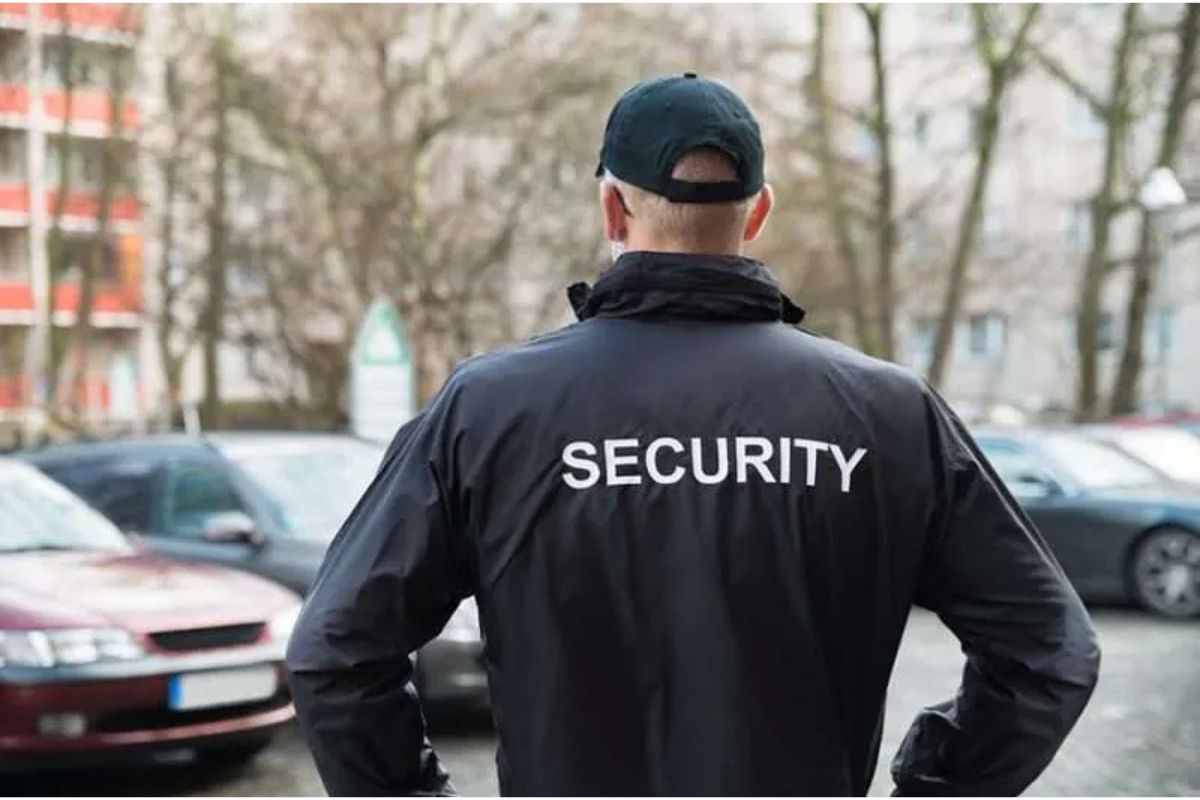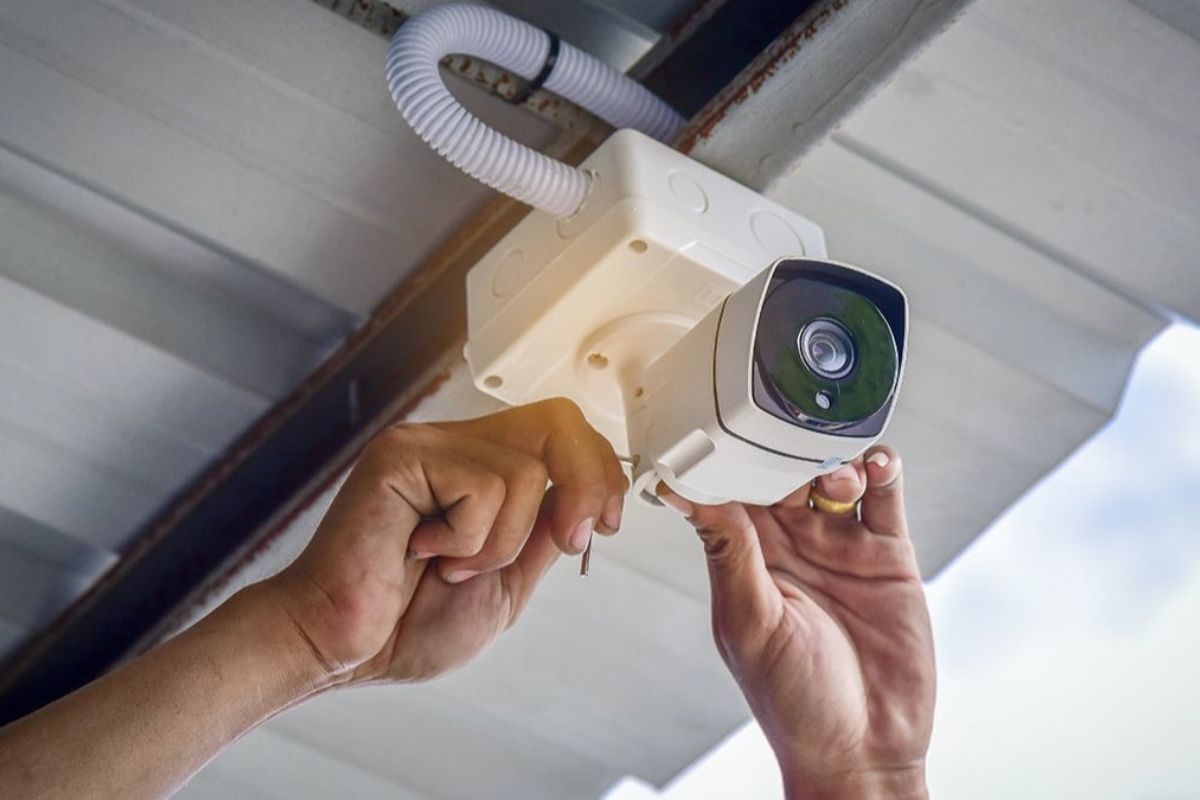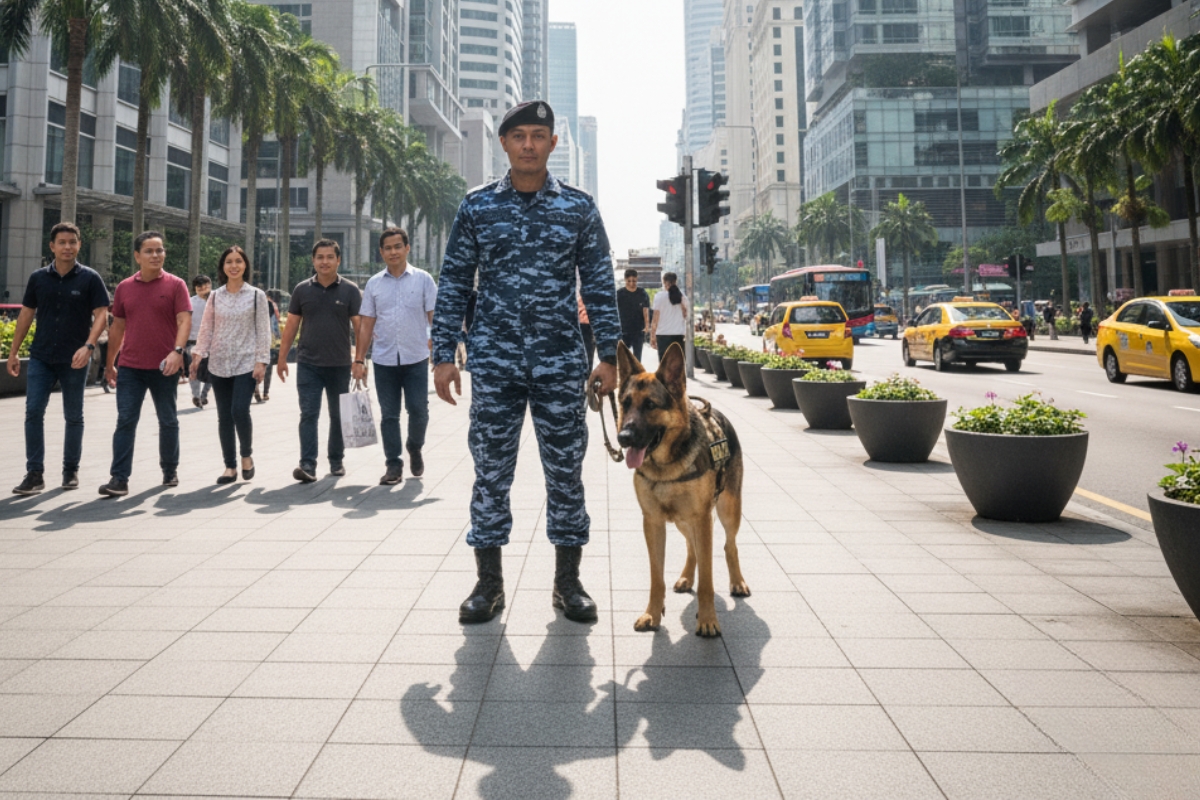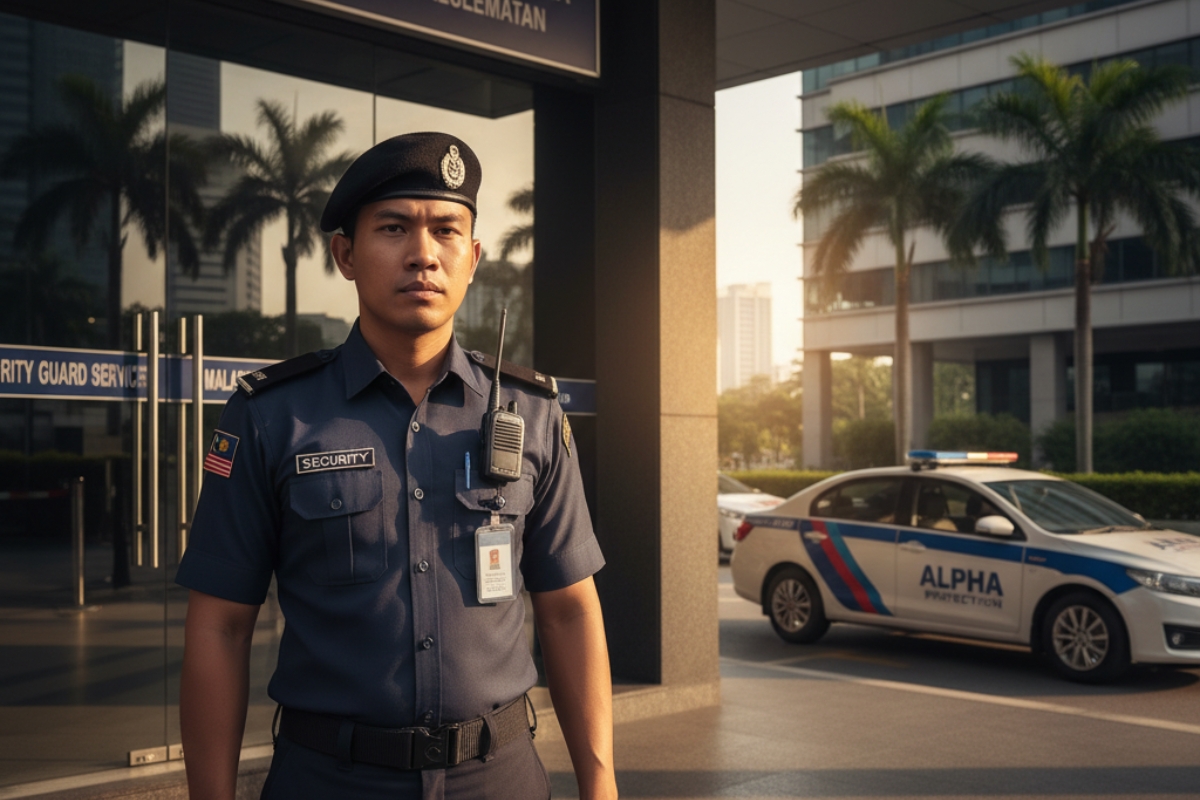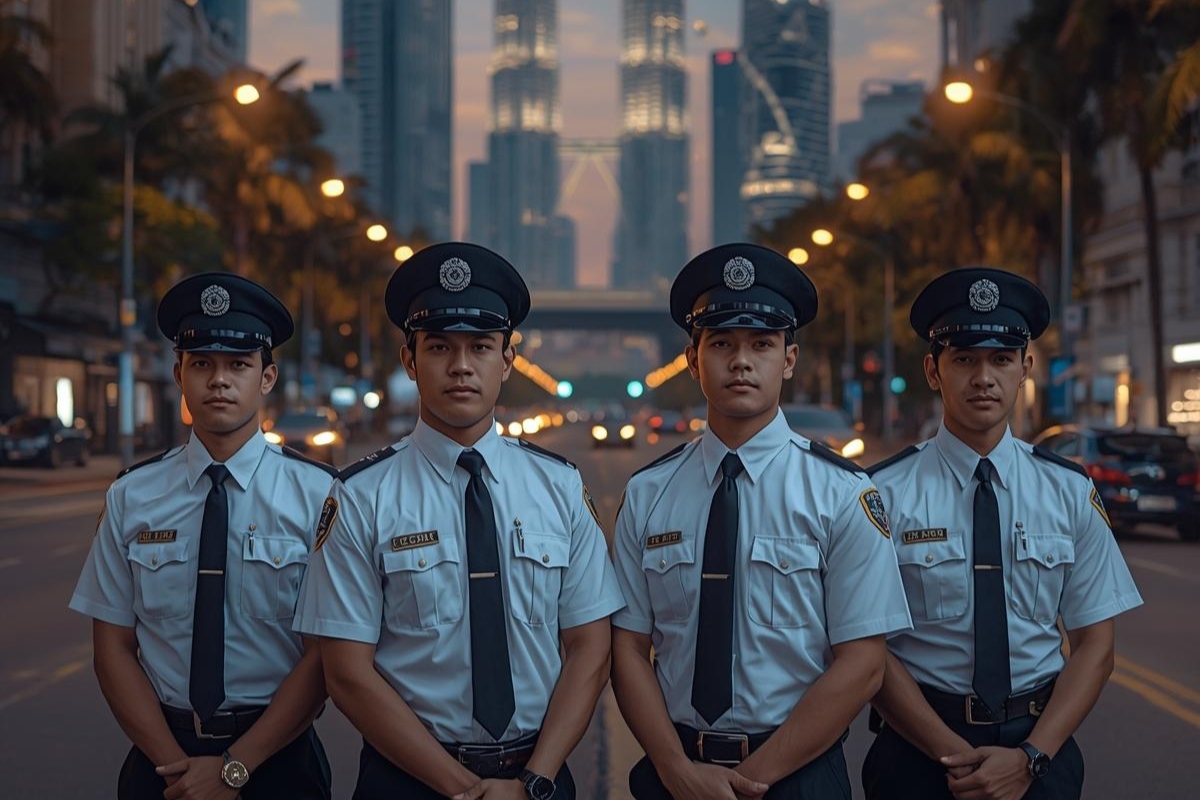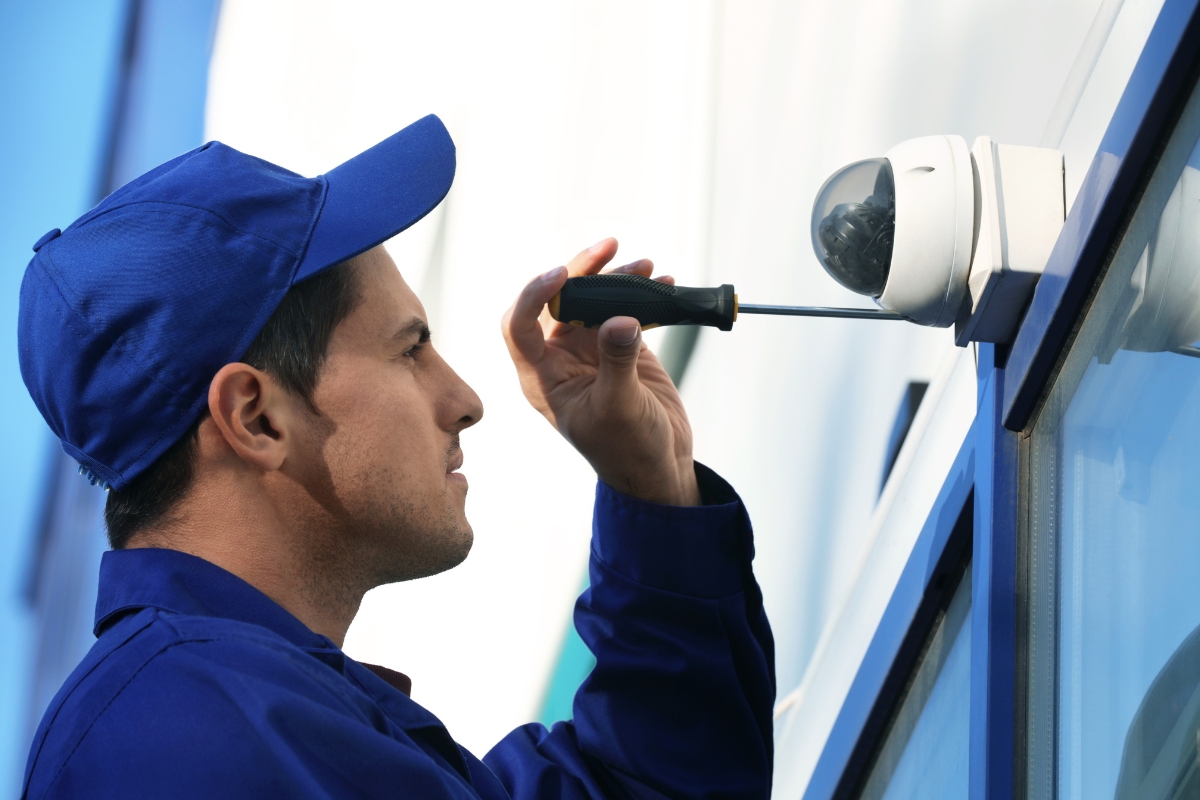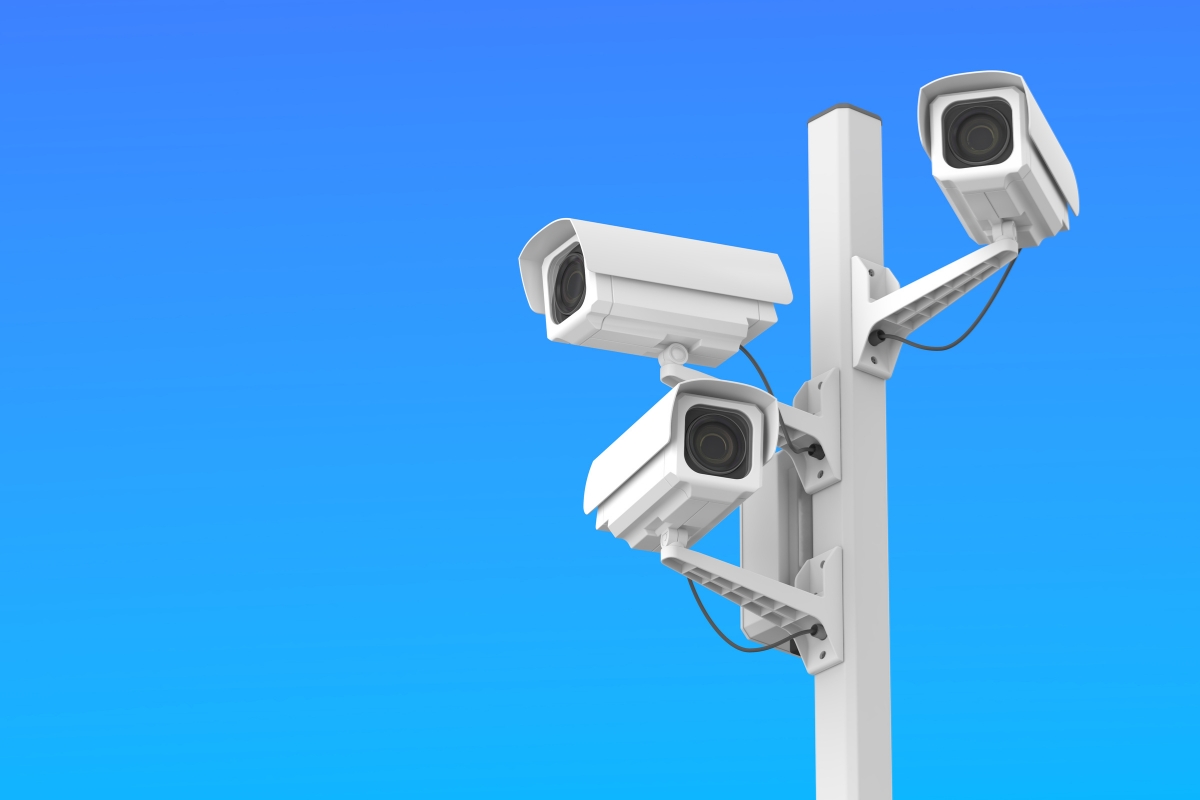In urban areas and developing neighborhoods, the need for effective security measures grows stronger with the advance of technology. The conversation around security and privacy is becoming more and more pertinent in Malaysia, as Malaysians want to protect their homes and businesses whilst maintaining their rights to privacy. If you are looking into CCTV cameras in Malaysia, it’s important to know the balance between privacy and security.
CCTV Usage in Malaysia: The Rise
Malaysian cities and towns have been increasingly adopting Closed Circuit Television (CCTV) systems in the past decade. The growing desire for a safer community has spurred a rise in the installation of CCTV systems, according to reports from local security experts who say petty crimes are on the rise. Not only that, CCTV cameras have been deployed in public areas as part of larger crime prevention efforts by the Malaysian government. This broad scale application has obviously contributed to public safety and as a deterrent to possible criminal activity.
Nevertheless, the rapid increase of CCTV installation Malaysia has led to discussion about the impact of surveillance systems on individual privacy. Many Malaysians are glad of the extra security but concern remains about how such systems might trample on personal freedoms.
The Privacy-Security Tradeoff
The issue of balancing security with privacy is certainly not unique to Malaysia; it is an issue that many countries grappling with a desire for public safety will face. On the one hand, CCTV cameras provide a layer of security which both residents and businesses rely on to protect their assets. However, the never ending recording of things can result in fears of abuse, overreach, and inadequate data protection practices.
It’s important for Malaysians to understand this tradeoff. CCTV cameras in public spaces that help discourage crime and give detectives the evidence they need can feel intrusive if they aren’t managed correctly. Concerns of voyeurism, violation of privacy, and other security issues reign over the installation of CCTV cameras in Malaysia, and regulations and best practices are in place to address these issues, but enforcement and awareness gaps still exist.
CCTV Use Regulatory Framework
Malaysia has few laws and regulations in place to ensure responsible use of CCTV systems. Personal Data Protection Act (PDPA) 2010 is the cornerstone piece of legislation that regulates the way personal data (including video recordings) should be managed. Under the PDPA, a person monitoring via CCTV collecting personal data must notify an individual that they are being watched and consent when needed.
In addition, these regulations require that video data must be protected from unauthorized access and may only be used for those purposes that have been clearly stated to the public. But the private sector remains a bottleneck. These laws may not be widely known and the consequences of non compliance are known to many small business owners and residential communities.
Residents of Malaysia who choose to install CCTV in Malaysia need to be aware of these legal requirements and adhere to them as part of their privacy standards in this country.
Responsible CCTV Use is Important
Malaysians thinking of buying CCTV systems should consider responsible usage to keep the trust and also balance security with privacy. Here are a few best practices to consider:
Clear Signage: It is important that when you are installing CCTV cameras, you would display signs notifying people that you are recording them. Not only that, this practice upholds PDPA regulations and is best for the transparency factor.
Data Protection Measures: Securing video data storage, with it only being accessible by those people who have authorization to see it. This is a key step in ensuring that no one is spying on them without their permission and that everyone who’s being recorded can trust they’re being recorded.
Strategic Placement: By installing CCTV cameras in particular areas like entry points and shared areas you can reduce the amount of monitoring of private areas. It respects the privacy of residents and guests while providing safety.
Consult with Experts: This requires us to engage with security firms, who have already been working with Malaysia’s regulations and best practices for installing security. They can also tell residents what to retain, where to place cameras, and the rights to use those cameras.
How Malaysians View Privacy
The issue of surveillance in Malaysia has a nuanced public sentiment. In urban areas, surveys show broad backing for measures to increase security but also a strong preference for transparency in how these measures are deployed. The big worry is what could happen with the data, especially if video footage is being shared without consent or used for anything other than public safety.
In response to this, some communities have taken the initiative to control their surveillance systems internally of which data is being managed transparently and ethically. The fact that such community led efforts are occurring shows the need for a combination of security measures with active participation and oversight.
The Path Forward
Awareness and education are important for Malaysians who are looking to adopt a surveillance system. There are some things one can know: the laws, the use of reputable service providers, and the practice of responsible surveillance are all steps in the right direction. As technology changes, so will the tools and rules of thumb that drive its usage, and continuing education will be ever necessary.
Finally, CCTV installation Malaysia would provide significant security benefit but it should not be without responsibility. Malaysians must find the appropriate harmony between heightened security and protecting individual privacy, using surveillance technology as it is intended without violating individual’s freedom.

